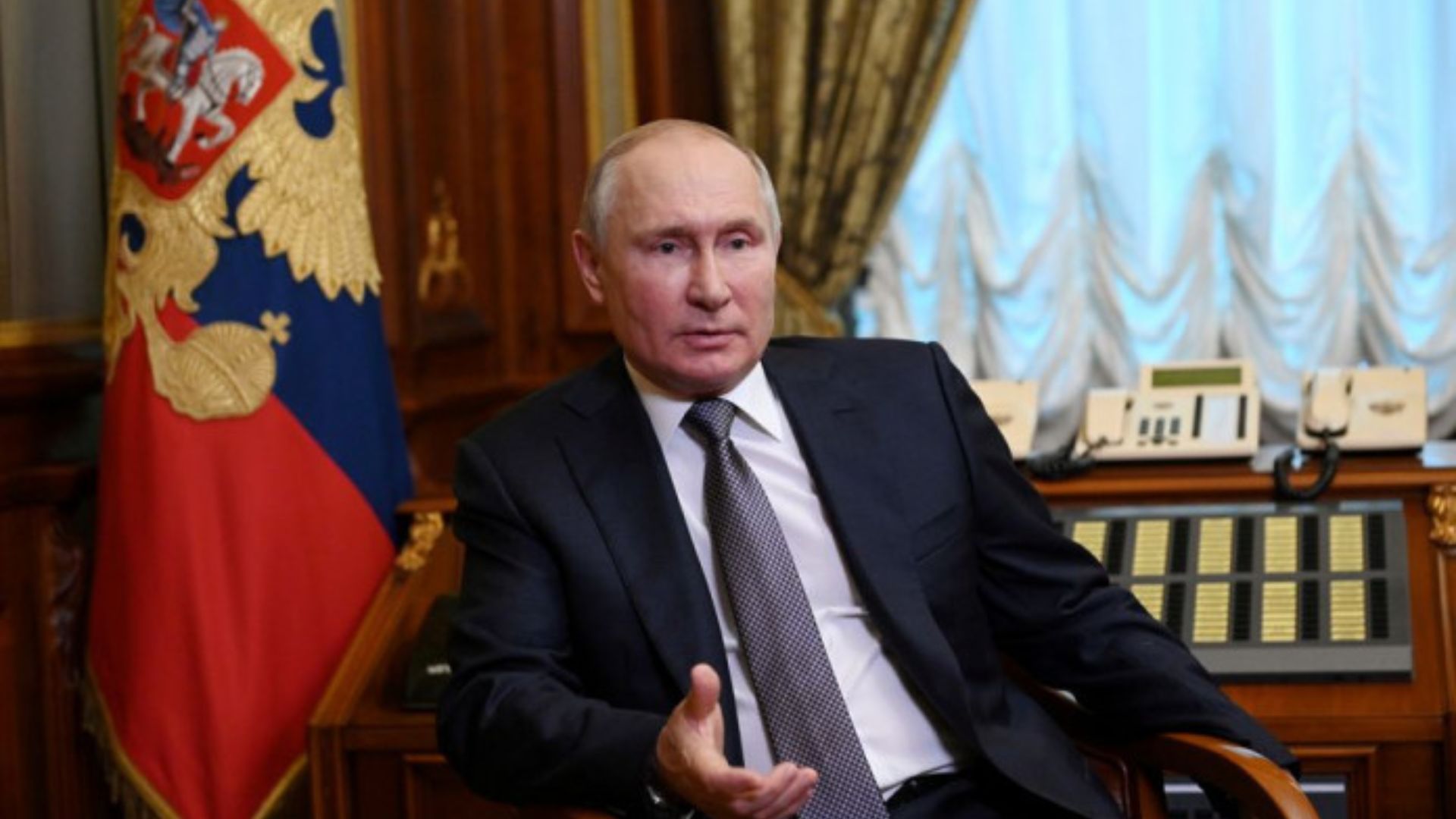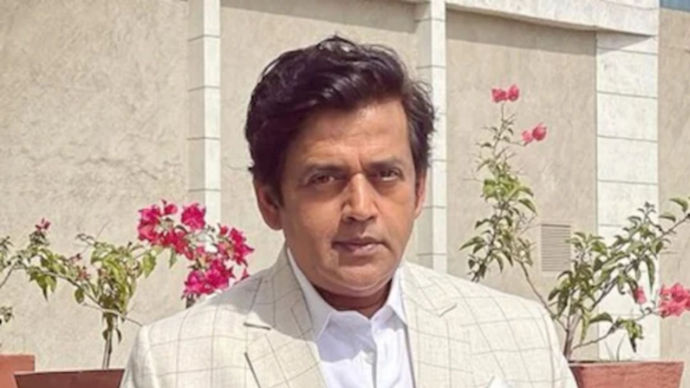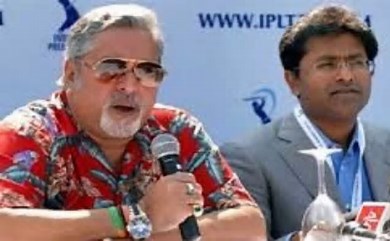
Turkish government has quietly implemented a ban on defense exports to India, a decision made during a closed-door session in the Turkish Parliament. This move, revealed inadvertently by Mustafa Murat Şeker, deputy chairman of the Presidency of the Defense Industry (SSB), signals increasing geopolitical friction between the two nations.
Secret Disclosure at Parliamentary Committee Meeting
The disclosure came from minutes of the debate at the Foreign Affairs Committee on July 10, 2024, where Şeker mentioned the secret policy regarding India. According to Şeker, “Not a single sale of any military article was approved by the government when the customer was based in India.” This information, obtained by Nordic Monitor, highlights the sensitive nature of the decision and its potential diplomatic fallout.
Geopolitical Rivalry with India
The escalating tensions between Turkey and India are not unexpected, given their opposing stances on various geostrategic issues. Turkey’s increasing closeness with Pakistan has prompted India to take a firm stand against Turkey on international matters. India has sided with Greece in the Aegean Sea conflict and canceled a contract with a Turkish firm involved in a shipbuilding project, reflecting the strained relations.
Political and Defense Dynamics
Şeker emphasized the impact of political circumstances on defense trade: “India, for example, is one of the world’s top five arms importers, a massive market, importing close to $100 billion. However, due to our political circumstances and our friendship with Pakistan, our Ministry of Foreign Affairs does not give us positive feedback on exporting any products to India, and consequently, we do not grant any permits to our companies in this regard.”
Impact of the Ban
The sale of Turkish defense articles abroad requires prior approval from the Turkish military, the SSB, and the Foreign Ministry. This ban effectively places India on a blacklist of countries to which Ankara will not supply military and defense products.
Strained Diplomatic Relations
The relationship between India and Turkey has deteriorated since Turkey refused to distance itself from Pakistan on the Kashmir issue. Since the abrogation of Article 370 in 2019 in Jammu and Kashmir, Turkey has consistently raised the issue on international platforms. Turkish President Recep Tayyip Erdogan has supported Pakistan in various forums, including the UN General Assembly and the UN Human Rights Council.
Erdogan’s speech at the 74th session of the United Nations General Assembly underscored Turkey’s stance: “Kashmir is still besieged, and eight million people are stuck in Kashmir.” Drawing parallels between Kashmir and Palestine, Erdogan labeled Kashmir an open-air prison.
India’s Strategic Responses
In response, India has strengthened ties with Armenia, Cyprus, and Greece—countries involved in disputes with Turkey. In 2019, Indian Prime Minister Narendra Modi canceled a planned visit to Turkey, opting to visit only Saudi Arabia, signaling India’s diplomatic preferences.
Termination of Defense Agreements
In April, India’s Hindustan Shipyard Limited (HSL) terminated agreements with Turkish firms to construct five support ships for the Indian Navy. This project, initially estimated to cost between $1.5 billion and $2 billion, envisaged the transfer of technology from Anadolu Shipyard, part of the Turkish TAIS consortium. However, HSL has decided to proceed with the construction independently, further distancing itself from Turkish collaboration.















